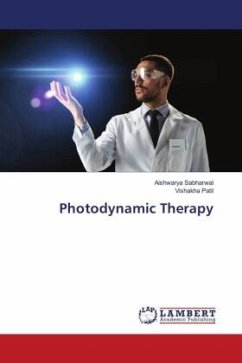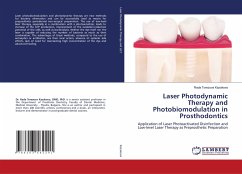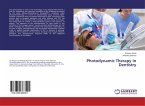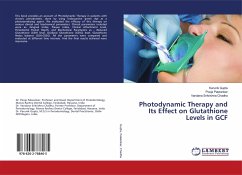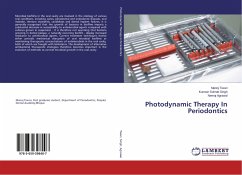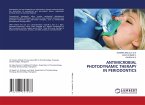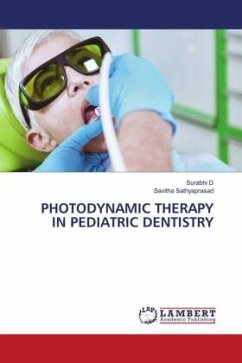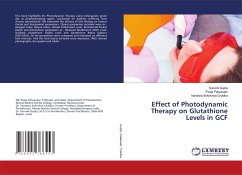Periodontitis is a complex inflammatory disease defined by the progressive destruction of the tooth's supporting tissues as a result of interactions between bacteria, cell populations, and mediators. The expansion of various opportunistic bacteria in the oral cavity is a critical element in inflammation. Because the primary purpose of periodontal treatment is to eliminate microbial agents, popular treatments for chronic periodontitis include mechanical debridement (with ultrasonic equipment or manually) and the use of topical or systemic antibiotics. Photodynamic therapy is one such treatment (PDT)which has increased the hope of overcoming these difficulties. . In this Photodynamic therapy nontoxic photosensitizing chemical substance is activated by light of a specific wavelength and reactive oxygen species (ROS) are produced, which can damage DNA and cell membranes, resulting in microbial death. Furthermore, PDT appears to inhibit biofilm differently than other antibiotics.Thus , PDT is important as an adjuvant therapy method with scaling and root planing (SRP) in order to boost the efficiency of non-surgical therapies due to its safety and lack of side effects.
Bitte wählen Sie Ihr Anliegen aus.
Rechnungen
Retourenschein anfordern
Bestellstatus
Storno

